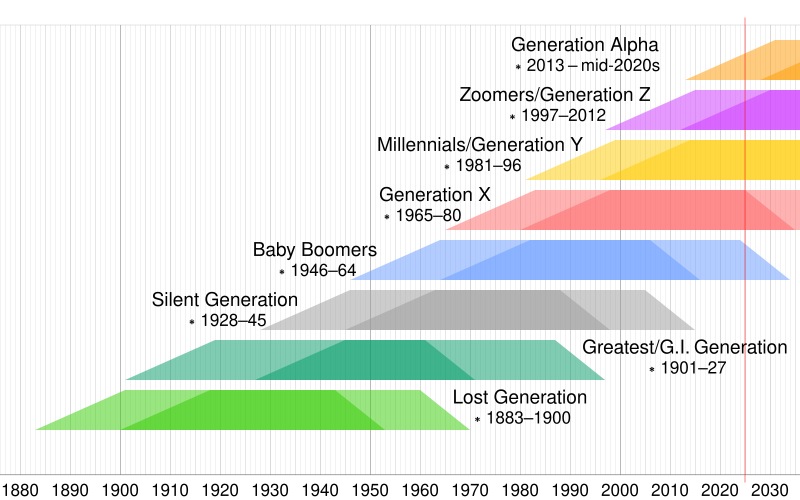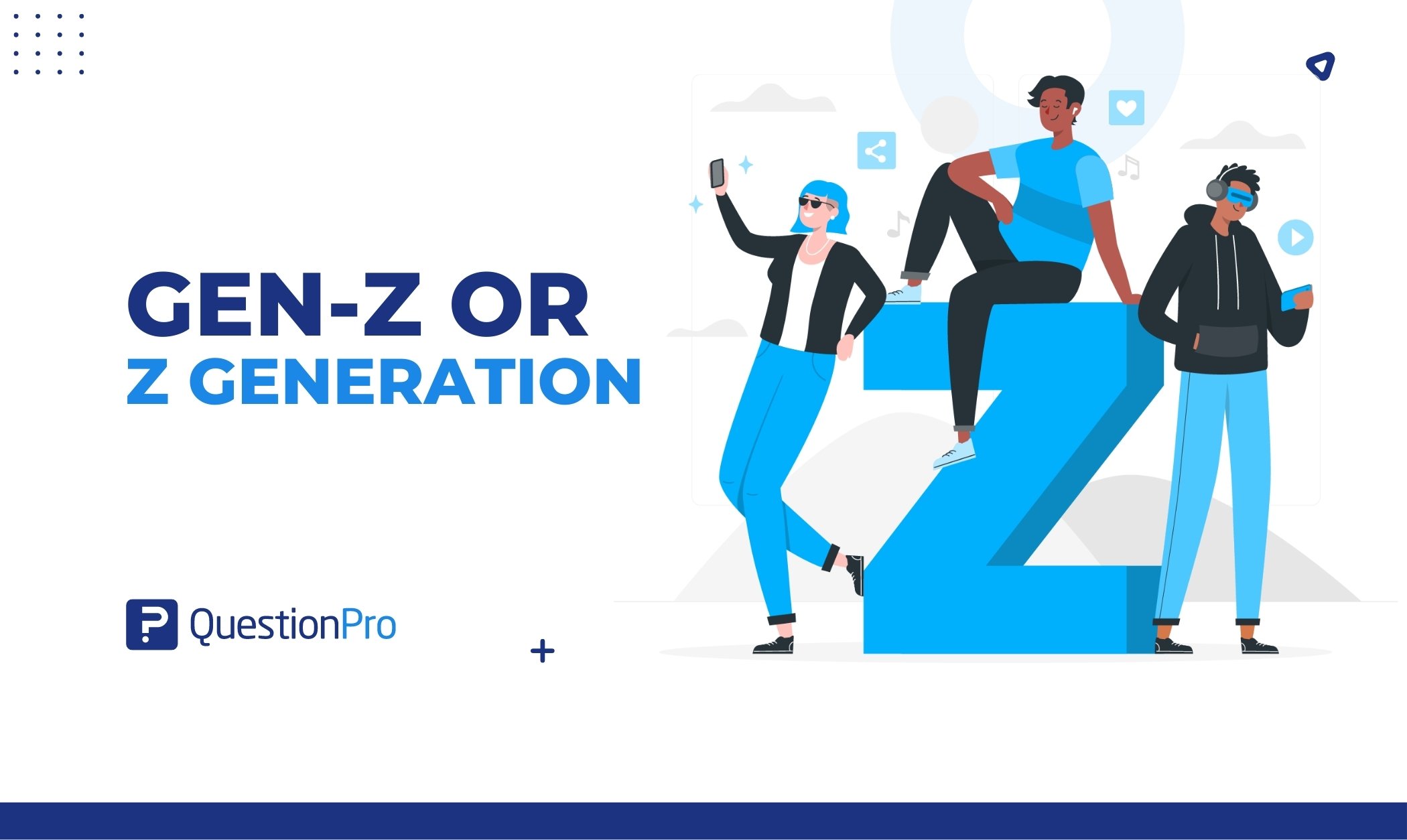
Defining Gen Z: A Snapshot
Generation Z, commonly referred to as Gen Z, encompasses individuals born from the mid-1990s to the early 2010s. As the first generation to grow up with easy access to digital technology and social media, they exhibit unique characteristics that significantly influence contemporary culture and society.
The Digital Natives
One of the most defining features of Gen Z is their relationship with technology. Having been born into a world dominated by the internet and smartphones, this generation is adept at navigating digital landscapes. According to a recent Pew Research survey, almost 95% of teens own a smartphone, and they spend an average of seven hours a day on online platforms. This innate digital proficiency has entirely reshaped communication, learning, and entertainment.
Social Consciousness and Activism
Gen Z is also marked by an unprecedented level of social consciousness. Fueled by awareness raised through social media campaigns, many young people from this generation are vocal about social justice, environmental issues, and equality. Notable movements like Black Lives Matter and climate strikes led by figures such as Greta Thunberg have been championed by Gen Z activists, showcasing their dedication to advocacy and change.
Impacts on Education and the Workplace
The educational landscape has also been profoundly affected by Gen Z. With an overwhelming preference for interactive and innovative learning methods, traditional educational approaches are being challenged. A study by Education Week revealed that 61% of Gen Z students desire more hands-on learning experiences. In the workplace, their values emphasize flexibility, inclusivity, and a purpose-driven company culture, prompting organisations to adapt to attract and retain young talent.
Conclusion: The Future Shaped by Gen Z
The years defining Gen Z present a critical lens through which we can examine shifting societal norms, technological advancements, and evolving cultural landscapes. Their emphasis on social responsibility and digital engagement suggests a future where innovation and activism coexist, driving changes that will shape communities and industries for years to come. As they continue to grow into adulthood, businesses, educators, and policymakers would do well to heed the trends and sentiments of this influential generation to better respond to their needs and harness their potential.
You may also like

The Rise of Gen Z: Characteristics and Influence on Society

The Significance of Being a ‘Heretic’ in Today’s Society

The Significance of Being a ‘Heretic’ in Today’s Society
SEARCH
LAST NEWS
- Remembering Wendy Richard: The Promise to Co-Star Natalie Cassidy
- How Did Anglian Water Achieve an ‘Essentials’ Rating for Mental Health Accessibility?
- Shai Hope Leads West Indies in T20 World Cup Clash Against South Africa
- What We Know About Weston McKennie: Future at Juventus and Past at Leeds
- What We Know About the Upcoming Live Nation Antitrust Trial